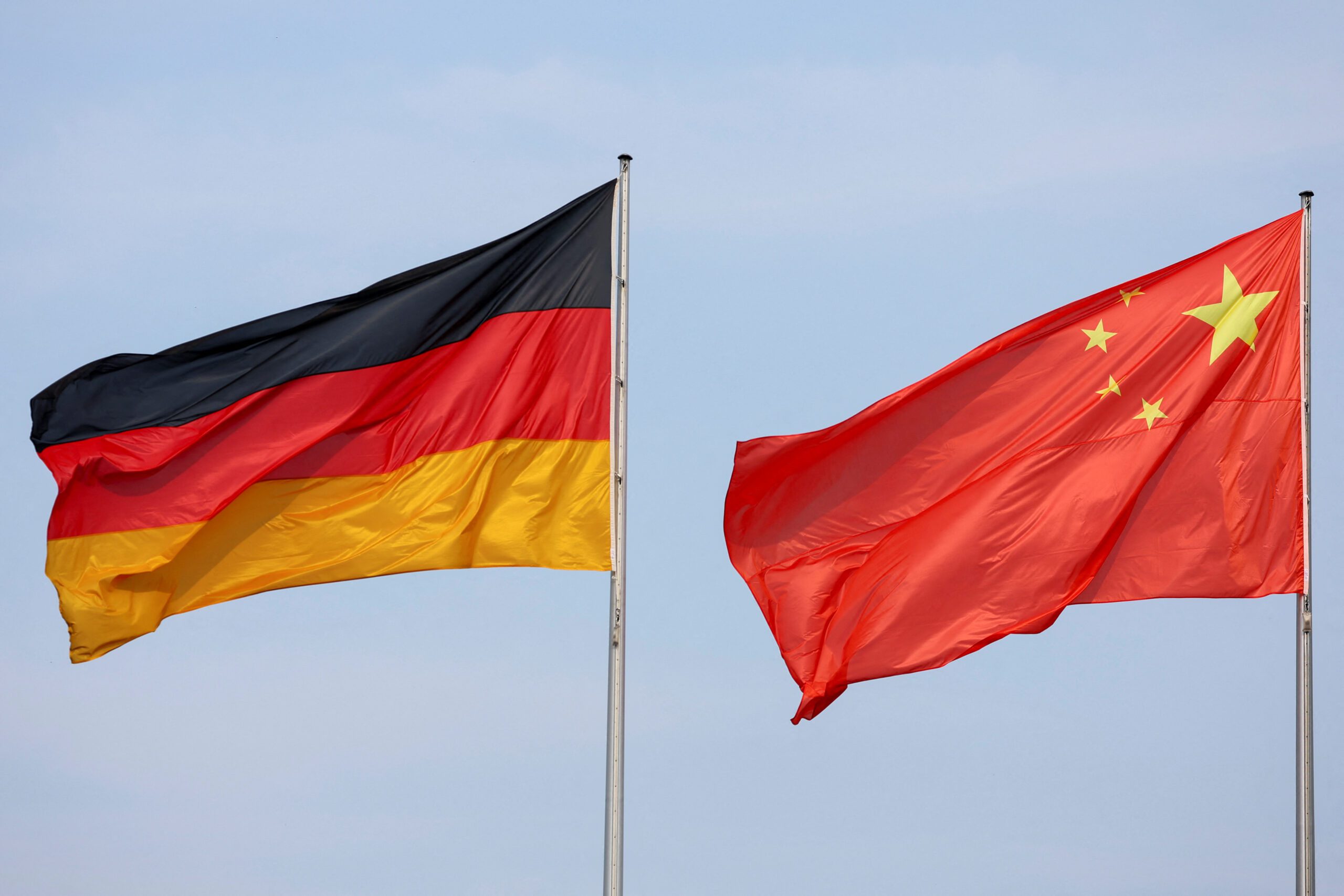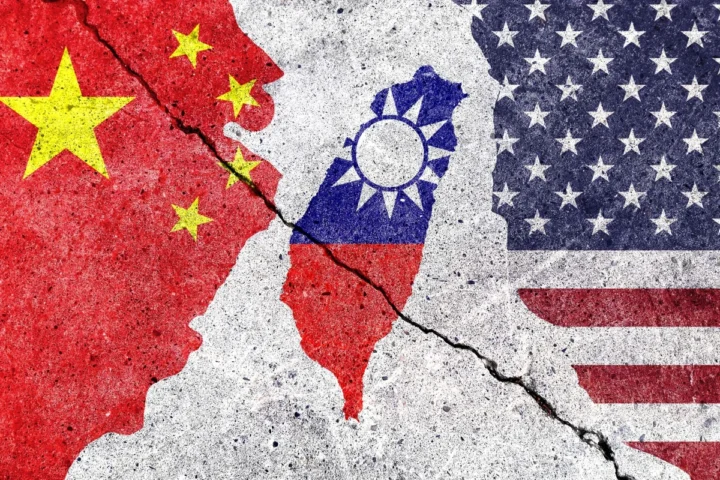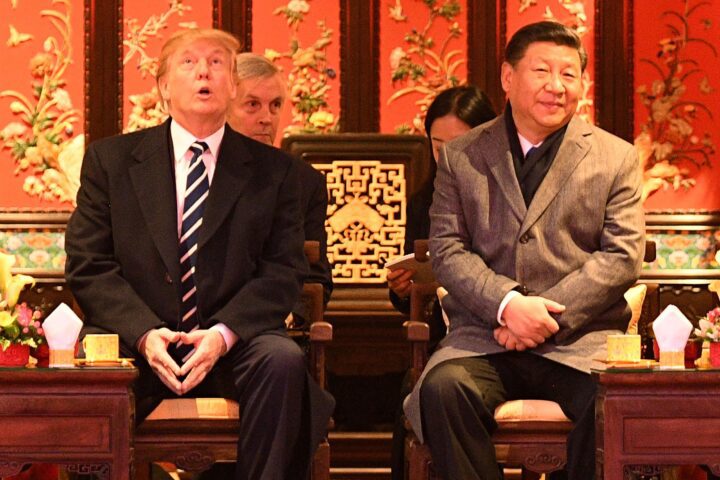Unravelling the US-China Rivalry
The US-China rivalry has escalated into a high-stakes geopolitical chess game. From issues of trade and technology to the contentious South China Sea and the independence of Taiwan, the two superpowers are locked in an escalating power struggle. This rivalry has been further intensified by the US imposing semiconductor export controls, a move aimed at thwarting China’s technological ambitions.
The US-China rivalry not only affects these two nations but has significant global implications. Countries worldwide, including the UK, are caught in the crossfire, forced to navigate these choppy waters carefully while trying to maintain their economic and political stability.
Germany’s Blueprint and Britain’s Dilemma
As the UK grapples with its new geopolitical reality post-Brexit, Germany’s relationship with China serves as both a blueprint and a cautionary tale. Germany has successfully managed to balance its economic interests with China while maintaining its alliance with the US and its commitment to democratic values.
However, Germany’s experience also highlights the risks involved. The nation has become increasingly dependent on China’s economy, owing to its export-heavy model. This has led to accusations of Germany being soft on China on issues such as human rights, illustrating the delicate balancing act that countries like Britain will have to perform.
Trading Brussels for Beijing?
Britain, keen to reinvent itself as an independent global player post-Brexit, finds itself at a critical juncture. On one hand, there’s an urgent need to revive its economy, a task where China could play a critical role. On the other hand, there’s a risk of becoming overly reliant on China, effectively replacing Brussels with Beijing as the overseer of its economic fate.
According to a report from the Center for Strategic and International Studies, Britain’s trade with China has increased by 44% since 2010. While this economic growth is encouraging, it also has the potential to make Britain beholden to China, much like Germany. The question remains: can Britain strike the right balance?
Going Forward: Treading the Tightrope
The UK must tread carefully as it navigates the US-China rivalry and charts its own course. The country needs to strike a balance between harnessing the economic benefits of closer ties with China, while also maintaining its sovereign decision-making and upholding democratic values.
As the US-China rivalry continues, Britain and other nations will need to adjust their strategies accordingly. However, the stakes are high. Decisions made now will have far-reaching impacts on global economic, geopolitical, and market dynamics for years to come.







